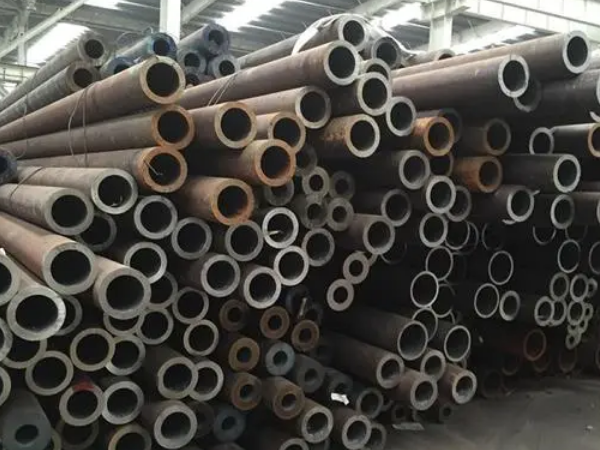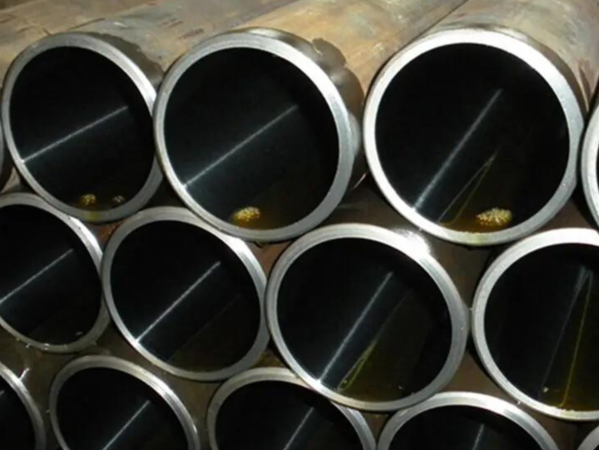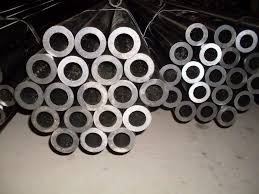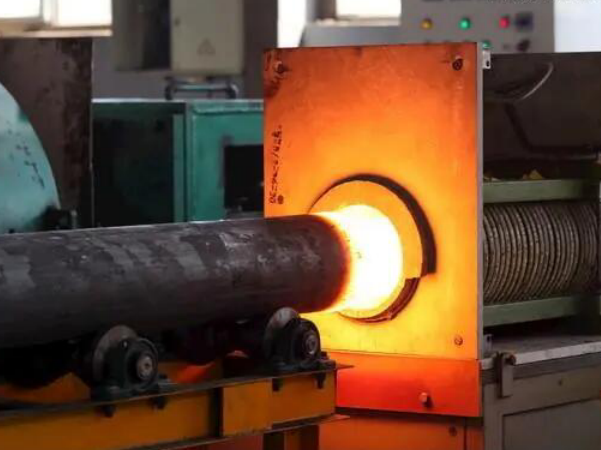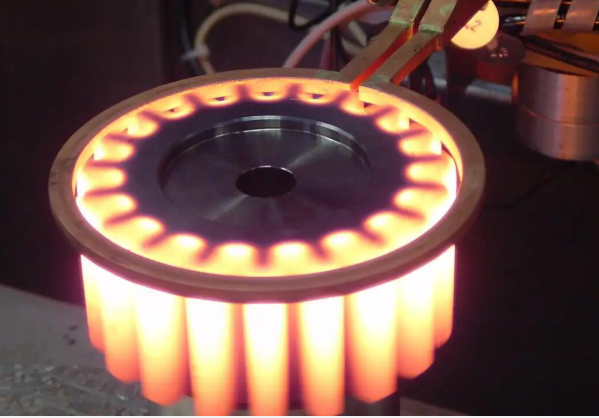-
yield strength: it is the yield limit of a metal material when it yields, that is, the stress that resists a small amount of plastic deformation. for metal materials without obvious yield, it is stipulated that the stress value that produces 0.2% residual deformation is its yield limit, which is cal
-
the hardness test is to slowly press a hard indenter into the surface of the sample under specified conditions, and then test the depth or size of the indentation to determine the hardness of the material. hardness test is a simple, rapid and easy-to-implement method in material mechanical property
-
in the process of heat treatment of seamless pipes (smls), various defects will occur due to improper process measures or various other factors, and the existence of these defects directly affects the performance of steel pipes.1. crackheat treatment cracks mainly include quenching cracks, tempering
-
tempering reheats the quenched workpiece to an appropriate temperature below the lower critical temperature ac1 (the starting temperature of pearlite to austenite transformation during heating), and the metal cooled in air or water, oil and other media after holding for a period of time heat treatme
-
quenching is a heat treatment process. the quenching of steel is to heat the steel to a temperature above the critical temperature ac3 (hypoeutectoid steel) or ac1 (hypereutectoid steel), keep it for a period of time, make it all or part of austenitizing, and then cool it at a temperature greater th

